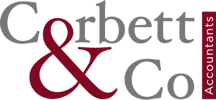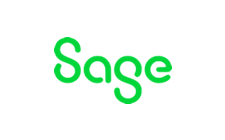HMRC doubles up on SEISS tax
HMRC’s latest guidance on Self-Employment Income Support Scheme (SEISS) payments warns that some taxpayers may be taxed on them twice. What steps are required to prevent this?

HMRC says that many of the 2020/21 self-assessment tax returns it’s received either include entries for SEISS payments that don’t match the figures it has on record or show nothing at all. As a result, it’s automatically amending those returns and sending out corrected tax calculations.
Taxpayers should of course check HMRC’s amended figures to make sure they reflect only the total of the first, second or third SEISS grants received on or before 5 April 2021. But that’s not all. They should also check that theyreported the SEISS payments in the right box on the tax return. HMRC’s latest guidance instructs where the payments should be shown.
If figures have been entered in the wrong place HMRC will assume the taxpayer hasn’t declared the payments at all. It will automatically add them which will result in the individual being taxed twice on the SEISS payments. To avoid this double taxation, an amended tax return should be submitted, reporting the SEISS figures in the right place and removing them from the part of the tax return where they were originally included.
Related Topics
-
Planning ahead for pension salary sacrifice changes
From 6 April 2029, both employers and employees will be required to pay Class 1 NI on pension contributions in excess of £2,000 made through a salary sacrifice arrangement. What can you do about it?
-
Marginal relief - responding to an HMRC nudge letter
HMRC is running a campaign to clamp down on incorrect claims for corporation tax marginal relief (MR). In what circumstances might you be challenged by HMRC and how should you respond?
-
Can you claim input tax on costs linked to electric cars?
Your business intends to go green and buy new electric cars. Can you claim input tax on the purchase of the vehicles and their subsequent fuel costs? Additionally, what recent change has been announced by HMRC?






 This website uses both its own and third-party cookies to analyze our services and navigation on our website in order to improve its contents (analytical purposes: measure visits and sources of web traffic). The legal basis is the consent of the user, except in the case of basic cookies, which are essential to navigate this website.
This website uses both its own and third-party cookies to analyze our services and navigation on our website in order to improve its contents (analytical purposes: measure visits and sources of web traffic). The legal basis is the consent of the user, except in the case of basic cookies, which are essential to navigate this website.